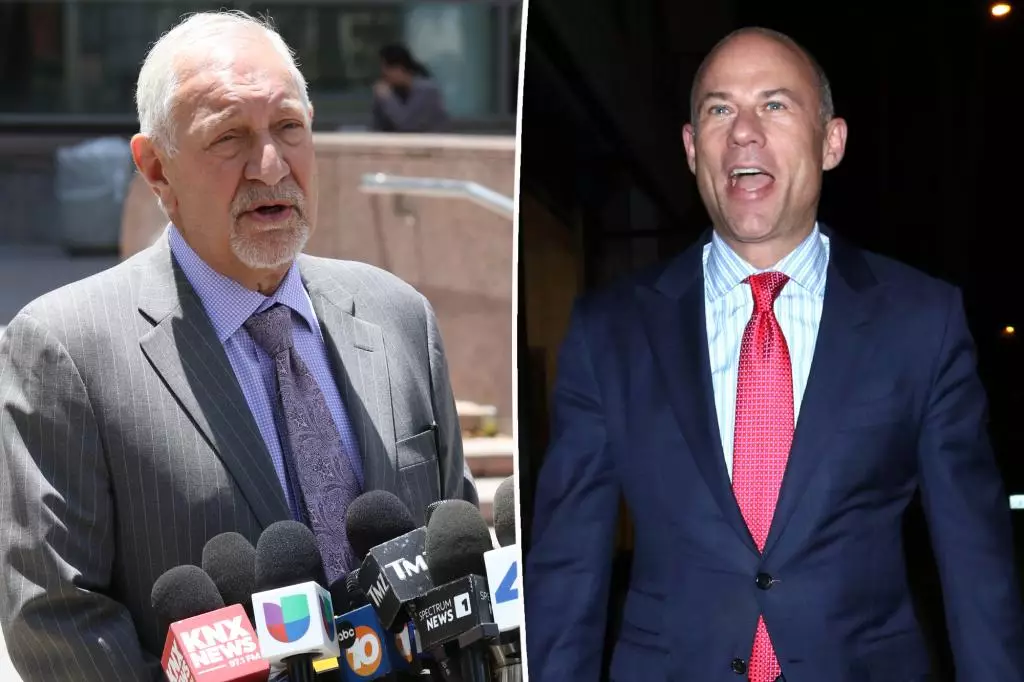In the world of high-stakes law, reputation often becomes the currency that sustains a lawyer’s career. However, recent events involving superstar attorney Mark Geragos starkly demonstrate how even the most venerable legal figures are not immune to moral lapses and legal scrutiny. Geragos, once celebrated for representing high-profile clients like Michael Jackson and Chris Brown, now faces the stark reality of legal accountability. The civil jury’s verdict, which ordered him to pay $100,000 for aiding and encouraging wrongful conduct, offers a sobering lesson about the veneer of invincibility that often cloaks seasoned lawyers. It reveals that behind the courtroom bravado, the principles of loyalty and integrity cannot be ignored without consequence.
The Cost of Ethical Breaches in Legal Practice
The case centered on Geragos’s involvement with Michael Avenatti, whose notoriety soared due to his blackmail attempt on Nike and subsequent criminal convictions. The jury’s detailed findings established that Geragos had actual knowledge of Avenatti’s misconduct and still provided substantial assistance. This particular verdict underscores a critical point: legal professionals are not above ethical standards, and breaching this trust damages not just individual reputations but also the broader integrity of the legal profession. It challenges lawyers to reflect on the fine line between vigorous advocacy and complicity in wrongdoing. The jury’s decision to assign liability, despite ultimately not attributing causative harm to Geragos, signals that the legal system increasingly recognizes the importance of moral accountability in legal conduct.
Power, Privilege, and the Risk of Moral Complacency
The narrative reveals a disturbing tendency within the legal realm—a reliance on reputation and influence to shield against consequences. Geragos’s silence and perceived complicity in the Franklin case suggest a troubling complacency that can develop when legal practitioners rest on their laurels and neglect their ethical duties. It raises a broader concern: have some lawyers become so entrenched in their high-profile clientele and self-image that they lose sight of their fundamental obligation to justice? This case punctuates the idea that no matter how powerful a lawyer’s network or reputation, moral lapses come with a price. It also questions whether the legal community is doing enough to enforce standards that discourage such misconduct in the first place.
Implications for the Legal Profession and Society at Large
This episode serves as a stark reminder that the veneer of legal prestige can erode swiftly when ethical boundaries are crossed. The public’s mounting skepticism toward prominent figures in law highlights a crucial need for systemic reforms—transparency, accountability, and a renewed emphasis on ethical training. For society, it underscores that justice isn’t merely about winning cases but about upholding moral integrity. As the judiciary judiciously punishes misconduct, it simultaneously sends a powerful message: even the most established attorneys are vulnerable to accountability. Such cases should inspire a reassessment within the legal field—of how reputation is safeguarded and how ethical standards are enforced to uphold justice and maintain public trust.

